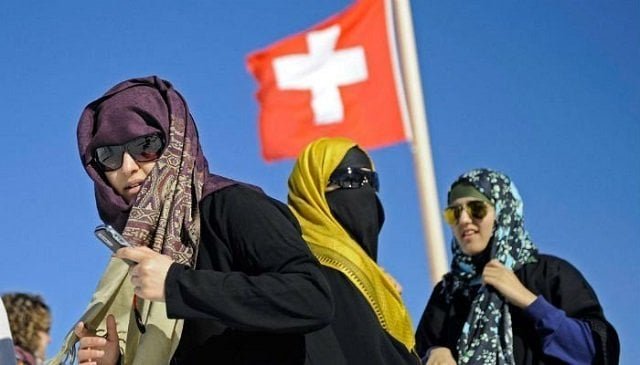Swiss controversial ban on public use of facial coverings takes effect from January

Switzerland’s controversial public ban on facial coverings, commonly referred to as the “burqa ban,” will officially take effect on January 1, the Swiss government announced on Wednesday.
Approved narrowly in a 2021 referendum the measure strongly opposed by Muslim organizations was initially proposed by the same group that led the 2009 initiative to ban new minaret construction.
The Federal Council confirmed that anyone violating the new regulation may face fines of up to 1,000 Swiss francs ($1,144).
Also Read: Saudi King, Crown Prince Mohammed bin Salman congratulate Trump on US election success
Exemptions to the ban include planes, diplomatic and consular premises, places of worship, and other sacred sites.
Coverings will also be permitted for health and safety purposes, cultural traditions, weather-related reasons, artistic or entertainment performances, and approved advertising.
Additionally, coverings used to express freedom of speech and assembly will be permitted if pre-approved by authorities and deemed not to disrupt public order.
Islam is the second largest religion in Switzerland after Christianity, adhered to by 5.4% of the population in 2020.
Swiss Muslims are mostly of foreign origin (mostly of Arab ancestry those in the Gallo-Romance regions, and mostly of Balkan, Turkish and Iranian ancestry those in the Germanic regions), although there is an increasing number of native Swiss converts.







